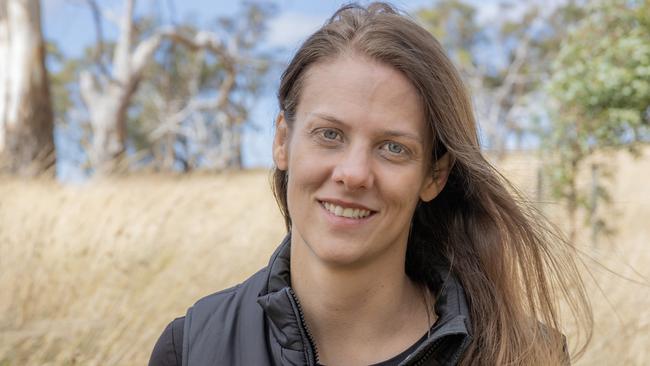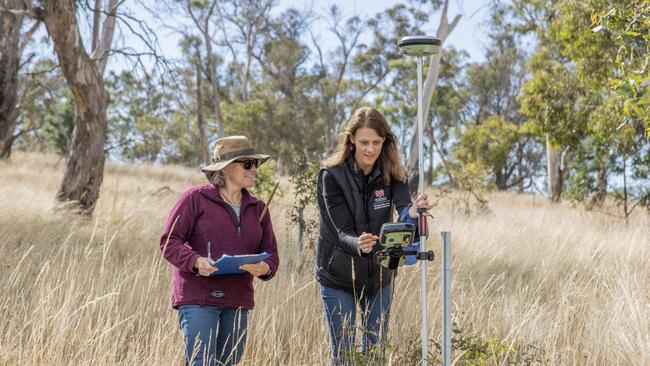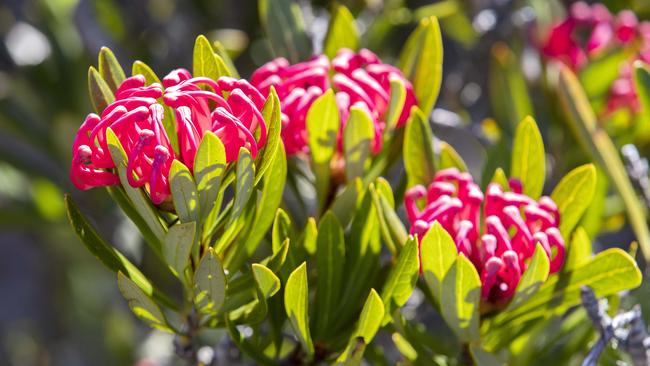‘Absolute lifeblood’: Research finds Tasmanian and Australian unique native plants at risk
Tasmanian research published in a global report reveals Australia is falling behind the rest of the world in protecting unique native plants, potentially leaving them at risk of extinction.

Tasmania
Don't miss out on the headlines from Tasmania. Followed categories will be added to My News.
Plants are the lifeblood underpinning the world, but new Tasmanian research has found Australia is failing to protect endemic plants and is falling behind the rest of the world.
University of Tasmania conservation and planning researcher Associate Professor Vanessa Adams looked at whether different jurisdictions were meeting obligations of conservation assessments into endemic plants.
Her research published in the Kew Gardens State of the World Plants and Fungi Report found a huge global shortfall, with only four in 10 endemic plant species, potentially leaving them at risk of extinction.
“Plants are our absolute lifeblood when it comes to climate regulation, habitat, getting places for animals to live, providing food to animals, providing food for ourselves,” she said.
“They’re our most fundamental underpinning species that we all rely on for all kinds of services like clean air and food losing unique species.

“We thought Australia would be doing excellently, but it turns out we’re not doing well at all. We’re really behind on our global commitments to look after our hugely unique flora.”
Professor Adams said there was a knowledge gap in Tasmania, making it really hard to find a complete plant species list that is only found in the state, despite nine out of 10 plants in Australia are endemic.
“When I look at species I know are endemic like the Tasmanian waratah – we haven’t done a conservation assessment for it,” she said.

“You can’t manage what you don’t know and in many ways the government who hasn’t done their assessments are choosing to turn a blind eye. Doing these types of assessments is really core to something like the state of the environment report.
“Australia at a national level should really be reporting on the conservation status of all of our plant species, how we’re faring, what are the threats, what are they doing about those and the same at a state level.”
Professor Adams said this is an opportunity for the state government to produce an conservation assessment on endemic plants for the environment report.
“If we’re not looking after them, that sends an international signal about our willingness to do our part for global conservation.”
More Coverage
Originally published as ‘Absolute lifeblood’: Research finds Tasmanian and Australian unique native plants at risk




